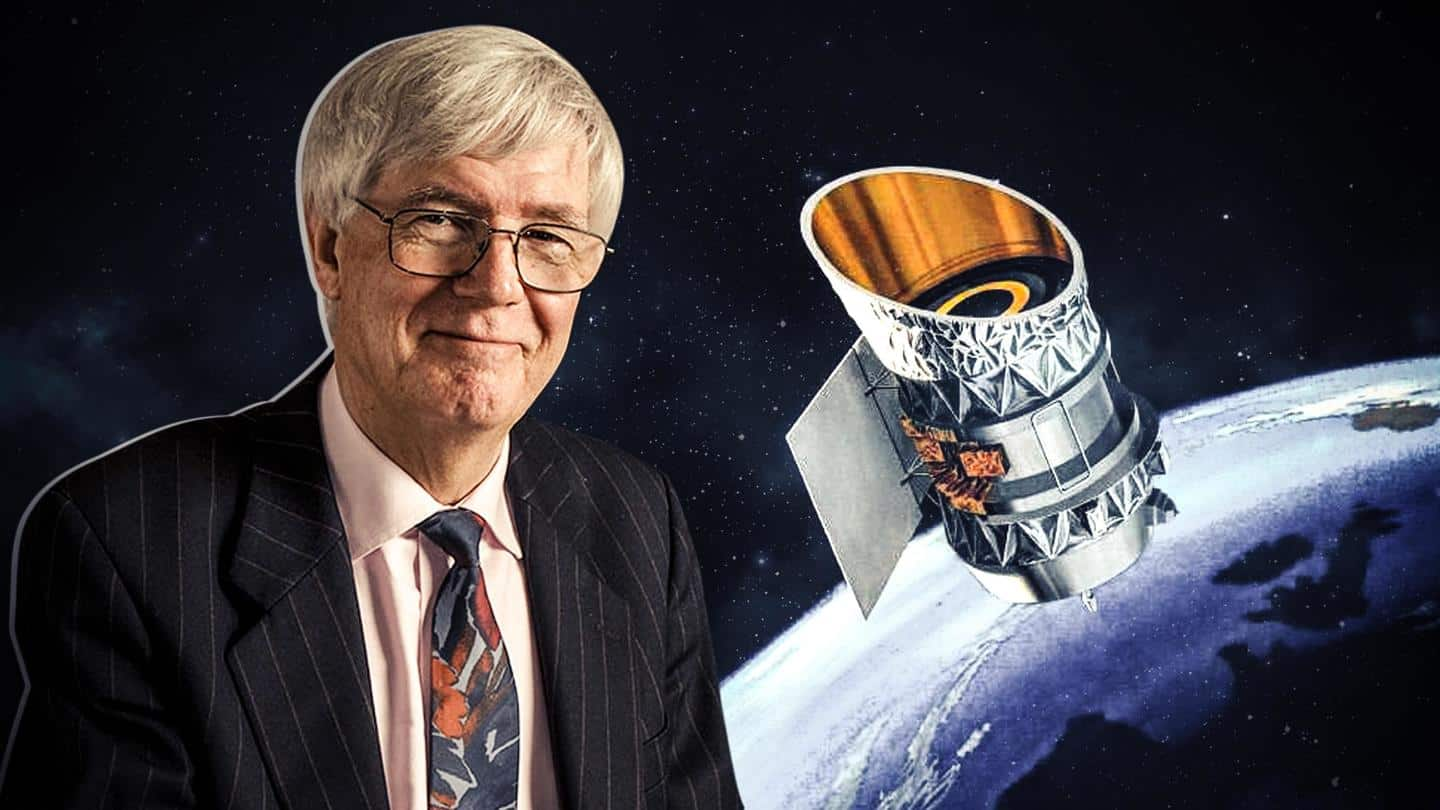
Satellite could have glimpsed ninth planet back in 1983
What's the story
Recently, evidence of a ninth planet in our solar system has been found by British astronomer Michael Rowan-Robinson in data gathered back in 1983. The Emeritus professor of astrophysics at Imperial College London used data from an early space telescope to validate a possible candidate that could become the ninth planet. Here are more details.
Context
Why does it matter?
The data in which Rowan-Robinson discovered the planet was retrieved from the archive of observations made by the Infrared Astronomical Satellite (IRAS) that launched in 1983. It was the first satellite to view the night sky in the infrared spectrum. Since Pluto was demoted, scientists have found candidates suitable for becoming the new ninth planet. However, this case differs because the data is older.
Reasoning
Astronomer deduced that the slow-moving body could be a planet
Rowan-Robinson revisited the data collected in 1983 and sifted through it, focusing on objects that moved slowly between one observation and another because fast-moving bodies would usually be comets or asteroids. The astronomer explained that the shift in the planetary candidate's position would be due to parallax—the Earth orbiting the sun causing the IRAS position to change angles.
Three point sources
This planet candidate could be five times Earth's mass
Science Alert reported that Rowan-Robinson identified three point sources that showed promise of being identified as the ninth planet after sifting through over 250,000 point sources that IRAS collected over a 10-month period. According to IRAS data, this planet candidate is between three and five times the mass of Earth and at an orbital distance of 225 astronomical units (AU).
Roadblock
Fuzzy observations, failure to relocate celestial body could cause problems
However, the data is old and the astronomer admitted in a research paper that the observations are not high-quality. Moreover, the region of the sky in which the celestial body was observed is composed of filaments of gas, called the cirrus. These gases obscure readings. Making matters worse, he noted that a recent survey by Pan-STARRS telescopes in Hawaii couldn't locate the body.
Twitter Post
A thread explaining Pluto-killer Mike Brown's take on Rowan-Robinson's observations
The candidate is on an orbit utterly inconsistent with our predictions for Planet Nine, and would not be capable of gravitationally perturbing the distant solar system in the ways that we have suggested. But, of course, that doesn't mean it isn't real!
— Mike Brown (@plutokiller) November 9, 2021
Preposterous?
If not a planet, Rowan-Robinson's discovery could be something else
The recent survey by the Hawaiian telescopes suggests that Rowan-Robinson's ninth planet isn't necessarily a planet, although it is interesting. That said, if an elusive ninth planet does exist, it is out there. Accidental discoveries and suspicions like this could eventually lead us to it. Let's not forget Pluto was discovered by accident as well.